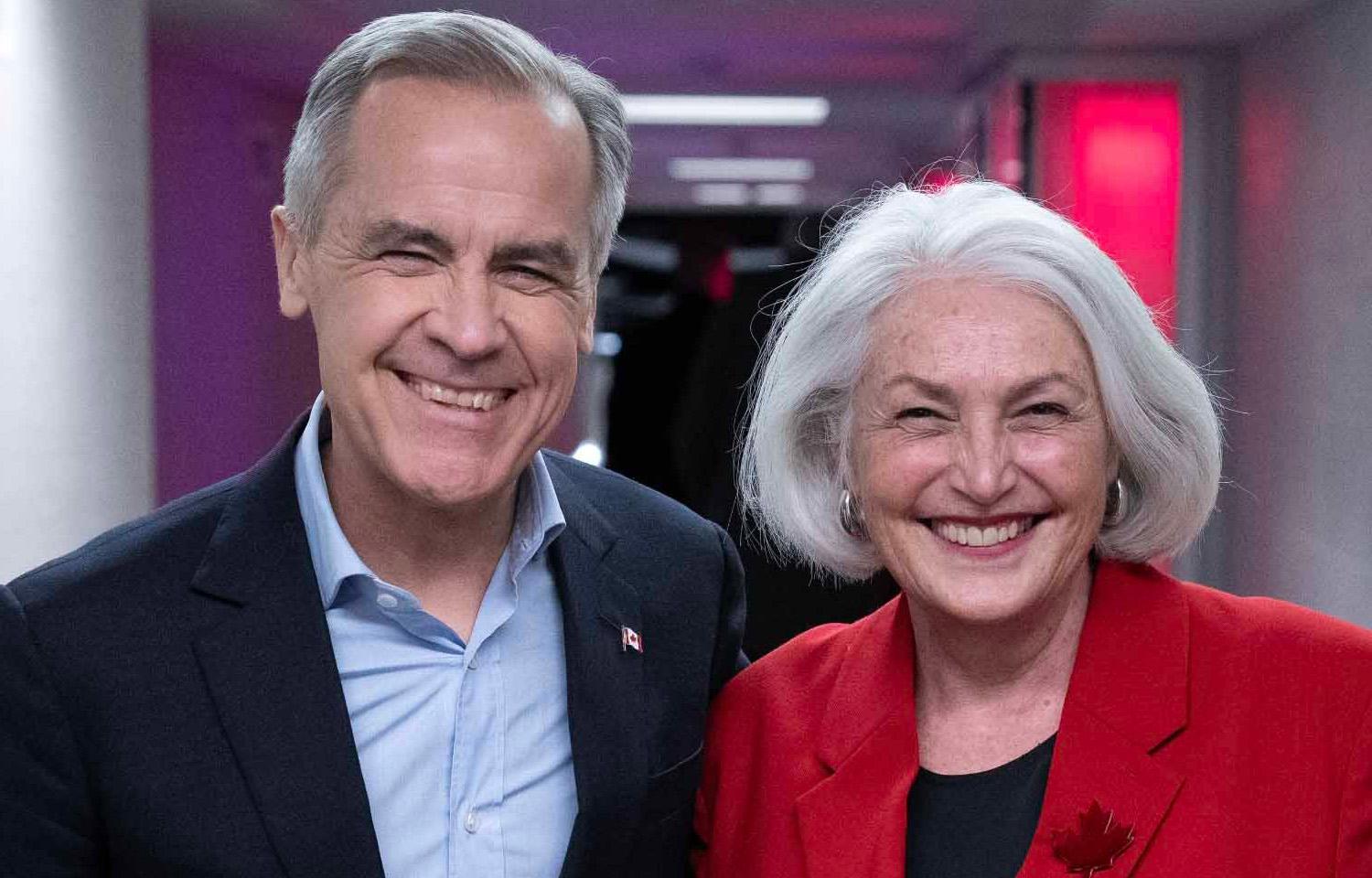We combine cutting-edge IoT sensors with advanced machine learning algorithms to address the most critical challenges facing modern aquaculture operations.

The Canadian aquaculture industry is expressing renewed optimism following Prime Minister Mark Carney's announcement of his new cabinet lineup on May 13, 2025. The appointment of Joanne Thompson as Minister of Fisheries, Oceans and the Canadian Coast Guard, combined with the departure of Jonathan Wilkinson from his previous role as Minister of Energy and Natural Resources, has sparked hope among industry representatives who felt marginalized under previous policy decisions.
The British Columbia Salmon Farmers Association has responded positively to the ministerial changes, expressing particular enthusiasm about the potential for policy reversals. The organization is advocating for the new government to work collaboratively with First Nations rights holders and reconsider the controversial decision to eliminate marine net-pen operations by 2029. According to industry representatives, Thompson's appointment signals a possible departure from policies that have created uncertainty within the sector. The salmon farming industry in British Columbia has experienced a significant 45% reduction in production levels under previous government policies, highlighting the economic impact of regulatory decisions on the sector.
The Canadian Aquaculture Industry Alliance has welcomed what it perceives as a renewed emphasis on economic development across the nation. The organization emphasizes that Canada has utilized only a fraction of its aquaculture potential despite having some of the world's most favorable conditions for cold-water farming operations. Industry leaders point out that Canada's aquaculture production has remained relatively stagnant for more than two decades, despite having significant biophysical advantages. They argue that with appropriate government support and policy frameworks, the sector could contribute substantially to economic growth and job creation, particularly in coastal communities.Prime Minister Carney's administration has positioned itself as focused on strengthening Canada's economy and improving competitiveness. This economic development mandate aligns closely with aquaculture industry aspirations for expanded investment and reduced regulatory barriers.The sector contributes approximately CAD 1.17 billion annually to British Columbia's economy and supports over 4,500 full-time positions, many of which are located in coastal communities on Vancouver Island and the Lower Mainland. Industry stakeholders argue that with proper policy support, these numbers could grow significantly.The previous government's commitment to transitioning away from open net-pen salmon farming by 2029 remains a central concern for industry participants. While some stakeholders support exploring alternative aquaculture technologies, many question the feasibility and timeline of completely replacing existing production methods. The industry is calling for evidence-based policies that balance environmental protection with economic sustainability. They advocate for approaches that encourage innovation while recognizing the practical limitations of emerging technologies in replacing established production systems.


As the new cabinet settles into their roles, aquaculture stakeholders are hopeful that policy decisions will reflect a more collaborative approach between government, industry, and Indigenous communities. The emphasis on economic development in the new government's mandate provides an opportunity for the aquaculture sector to demonstrate its potential contribution to Canada's broader economic objectives. The coming months will be crucial in determining whether the optimism expressed by industry representatives translates into concrete policy changes that support sector growth while addressing environmental and community concerns.